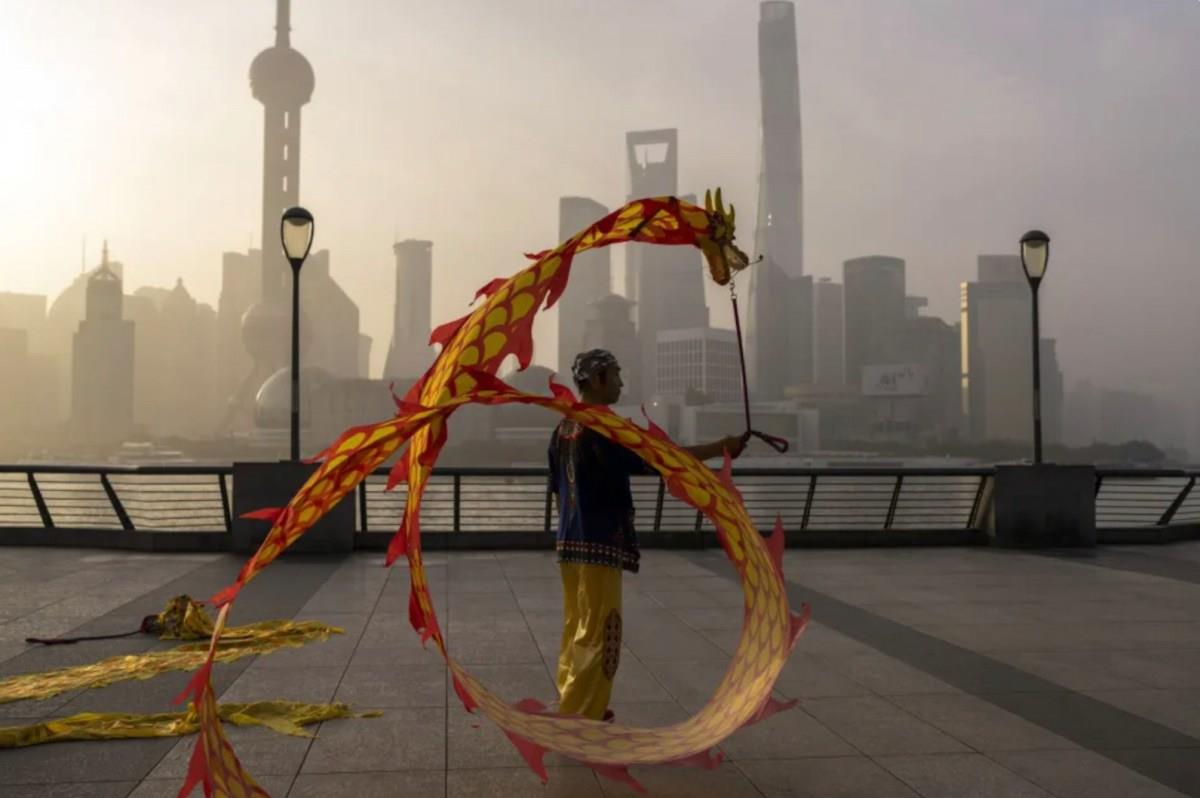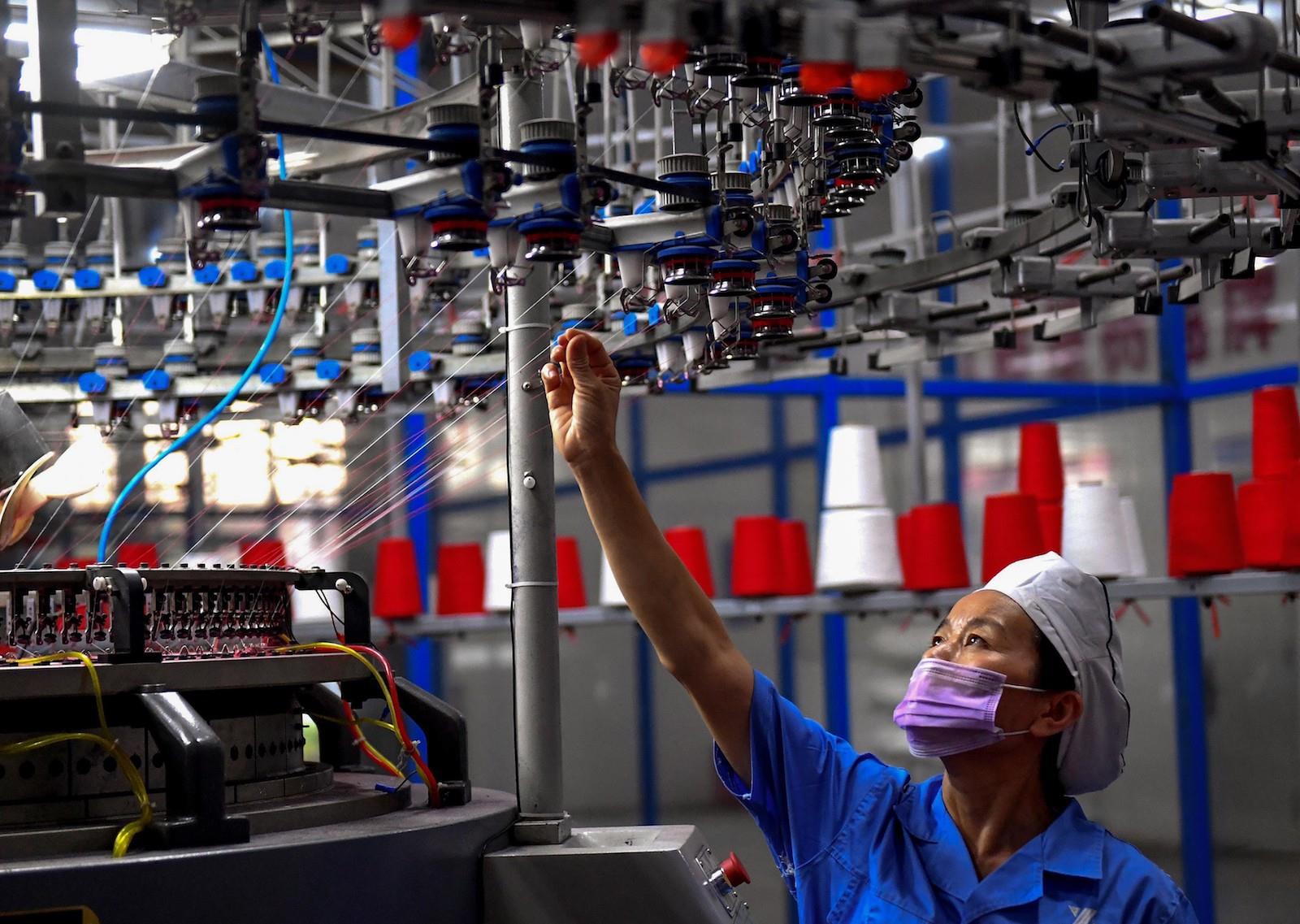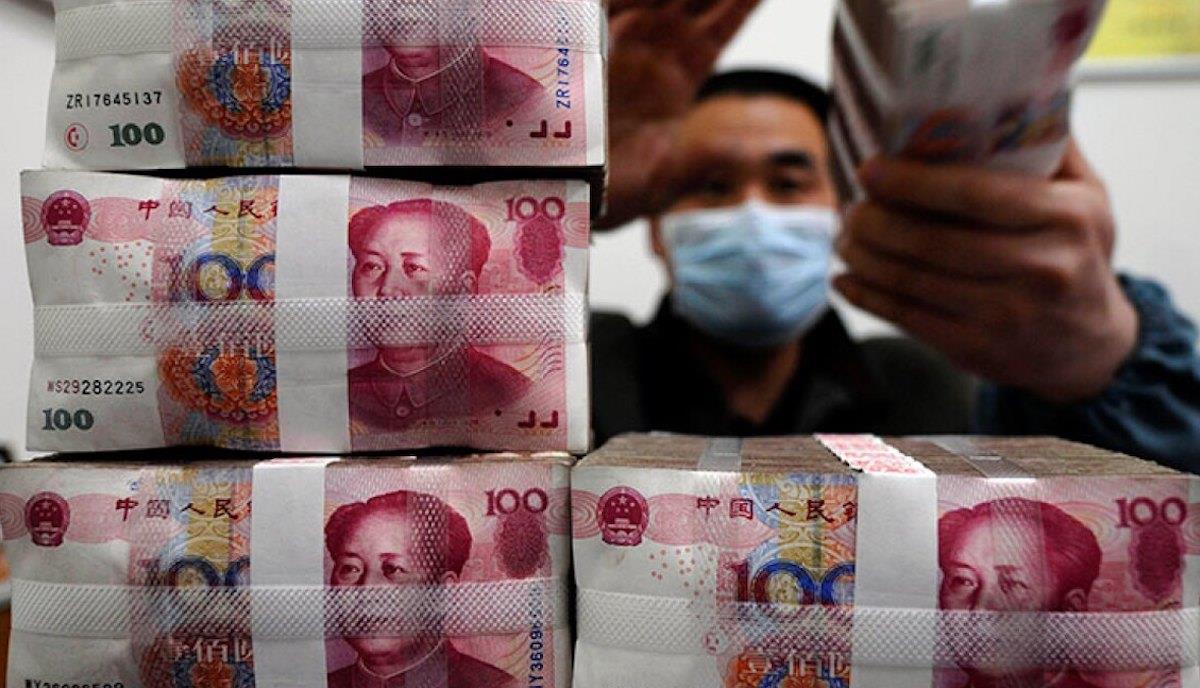(MENAFN- Asia Times) A great deal is riding on Li Qiang's visit to Jakarta this week, the new Chinese premier's first official stop in Southeast Asia.
For all the disappointment that Chinese leader Xi Jinping andPresident Joe Biden won't be at the Association of Southeast Asian Nations summit, Li is the one from which ASEAN leaders most want to hear.
In March, Xi entrusted Li to revive flagging mainland growth and restart big-picture reform efforts.
How Li characterizes Beijing's plans for the world's second-biggest economy means more for developing Asia than the West, given the ASEAN region's extreme vulnerability to weakening Chinese growth. That's especially true as China resists firing its stimulus“bazooka” during this latest downturn.
Since January, ASEAN has found itself grappling with two big misconceptions about China's 2023. One, that the end of Covid-19 lockdowns would generate explosive growth and lift global demand. Two, that China would ramp up stimuquickly and with overwhelming force amid signs the economy was struggling instead.
China's slide toward deflation confounded the first assumption. Beijing's surprisingly laid-back approach to cratering growth also caught developing Asia by surprise.
Li's biggest challenge in Jakarta is reassuring ASEAN leaders that (a) rumors of a Chinese financial crisis are greatly exaggerated and (b) the region's prospects have more to gain from allying with China than Biden's America .
That's become a bigger challenge as Beijing holds its fire on stimulus, dimming hopes the economy might hit its 5% economic growth target. Nor did the moves of recent days reassure ASEAN that China might fire its bazooka.
On September 1, for example, China moved to support its shaky property sector by cutting minimum down payments for mortgages to 20% for first-time buyers and 30% for second-time buyers nationwide.
The People's Bank of China also cut the reserve requirement ratio on foreign exchange deposits, unleashing US$16 billion of liquidity to support a yuan that's fallen 5% in four months.
The step came after regulators slashed margin requirements and stamp duties for equity transactions to“invigorate the capital market and boost investor confidence.”
All this sparked hopes Beijing was getting seriabout rescuing its beleaguered property and financial sectors. Yet these are relatively modest tweaks that are unlikely to alter the downward trajectory of Asia's biggest economy.

A worker at the construction site of Raffles City Chongqing in southwest China's Chongqing Municipality. Photo: Asia Times Files / AFP / Wang Zhao
A sustained rally in Chinese stocks and revival in economists' perceptions is“unlikely without more aggressive action to stabilize the ailing property sector and lift aggregate demand,” says economist Charles Gave at Gavekal Dragonomics.


























Comments
No comment